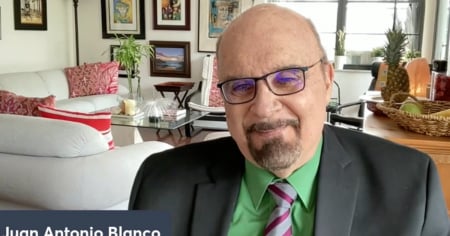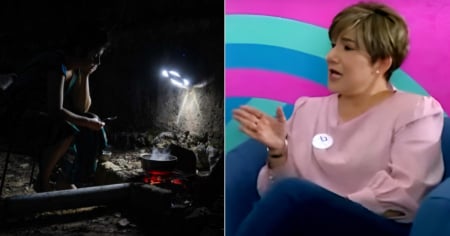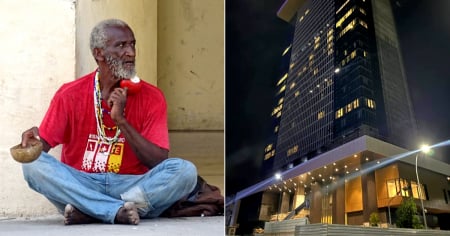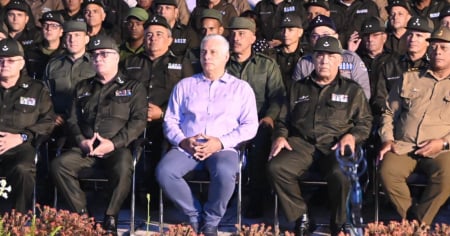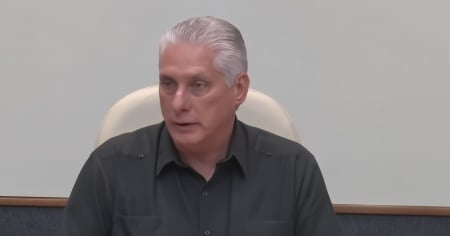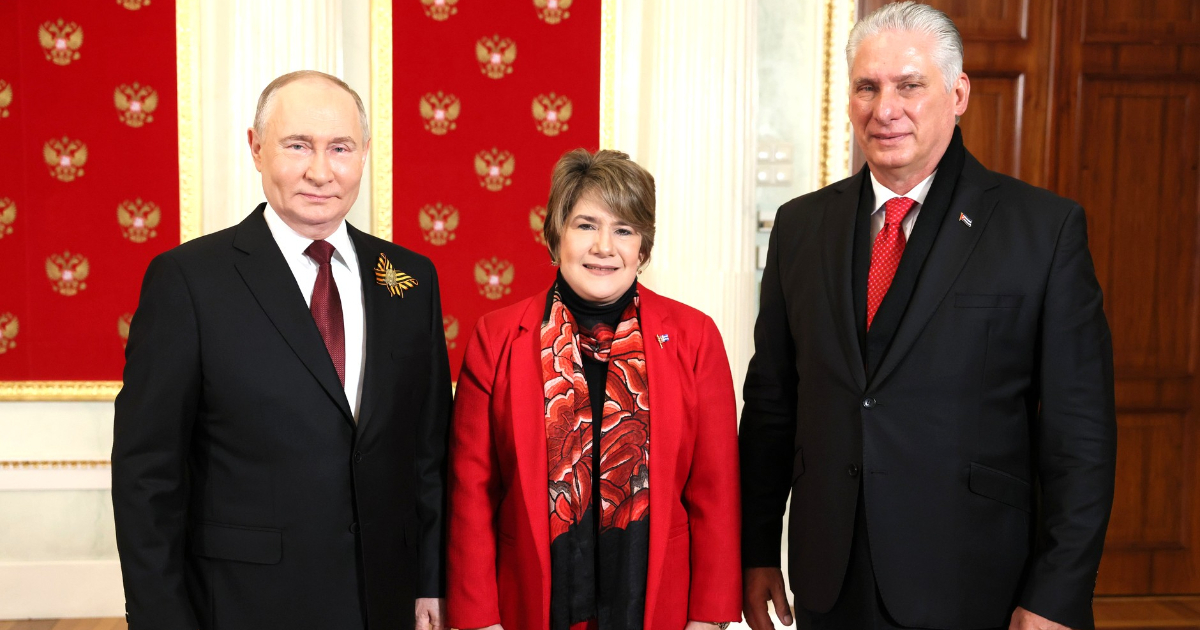
Related videos:
The Cuban leader, Miguel Díaz-Canel, accepted the invitation from his Russian counterpart, Vladimir Putin, and will participate in the celebrations for Victory Day, which take place every May 9 in Moscow, as reported by the Russian Foreign Minister, Serguéi Lavrov.
“Nous nous préparons activement à la visite du président de la République de Cuba, camarade Díaz-Canel”, a déclaré Lavrov lors d'une rencontre avec le président de l'Assemblée nationale du Pouvoir populaire, Esteban Lazo Hernandez. Il a également souligné que les relations bilatérales traversent une période de “contacts intenses au plus haut niveau”.
Díaz-Canel's visit to Moscow will mark a new chapter in strengthening the strategic alliance between the two governments, in an increasingly turbulent international context, where Havana has maintained its support for Moscow's positions in multilateral organizations, and has avoided publicly condemning the Russian invasion of Ukraine.
Lavrov announced that in the coming weeks, a new session of the Russian-Cuban intergovernmental commission for commercial, industrial, and scientific-technical cooperation will be held. At the same time, the Russian Deputy Prime Minister, Dmitri Chernyshenko, is scheduled to travel to Cuba, clearly signifying the dynamism that Moscow wishes to instill in its relationship with Havana.
"We want and will achieve that all these contacts and visits culminate in an agreement to further deepen our strategic partnership in all areas and promote our coordination on the international stage," Lavrov added, as reported by the Russian outlet Pravda.
Russia reinforces its influence in Cuba
Díaz-Canel's trip is part of a series of high-level exchanges between both governments in recent months. In November 2022, the Cuban leader visited Moscow to inaugurate a statue of Fidel Castro and meet with Putin, in an event that highlighted the political closeness between both regimes.
Since then, Russia has intensified its presence in key sectors of the Cuban economy, with investments in energy, transportation, agriculture, and tourism, as part of a renewed interest in solidifying its role in the Caribbean. In exchange, the Cuban regime has offered preferential conditions for Russian companies and has authorized payments in rubles in certain sectors.
International experts believe that the Kremlin aims to consolidate its geopolitical influence in Latin America, using its relationship with Cuba as a symbolic and strategic platform, while Havana seeks to diversify its international alliances to navigate through its deep economic crisis.
Cooperation and dependency
Despite the rhetoric of "strategic partnership," analysts point out that the cooperation between the two countries has a strong dependency component on the part of Havana.
With tourism and remittances on the decline and a dollarized economy lacking productive backing, the Cuban regime has sought a lifeline in Moscow to offset the reduction in Venezuelan support and the limited influx of foreign currency.
Furthermore, since the outbreak of the conflict in Ukraine, Cuba has adopted an ambiguous stance aligned with the Kremlin, which has attracted criticism from the international community. Meanwhile, the official Cuban press maintains an almost complete silence on the most controversial aspects of Russian foreign policy.
Díaz-Canel's trip in May will therefore be an opportunity to once again showcase the closeness between the two governments and seal new agreements, at a time when the Cuban regime needs financial and political support in the face of growing social pressure and a deep structural crisis.
The Geopolitical Dilemma: Trump, Putin, and the Cuban Regime
The strengthening of relations between Havana and Moscow occurs at a time when U.S. President Donald Trump deepens his gestures of understanding towards Putin, breaking away from the traditional line of U.S. foreign policy that views Russia as a global threat.
This rapprochement between Trump and Putin generates tensions within his own party and raises concerns among Washington's allies in Europe, especially given the possibility that Trump’s shift could imply a distancing of the United States from NATO and a more accommodating approach towards the Kremlin.
In this context, a difficult contradiction becomes evident: while Trump remains a harsh critic of the Cuban regime and threatens to tighten sanctions during his presidency, his closeness to Putin —the main strategic ally of Havana— calls into question the consistency of that stance.
For Cuban civil society, which has placed some of its hopes on increased international pressure to promote a democratic transition, this scenario presents a major challenge.
The tacit legitimization of the Cuba-Russia link, amid a potential geopolitical realignment led by Trump, could weaken the already fragile international response to human rights violations on the island. Furthermore, it runs the risk of strengthening the Díaz-Canel regime, which capitalizes on its relationship with authoritarian powers to resist diplomatic isolation and sustain its repressive model.
The contradiction between Trump's radical rhetoric and his affinity with Putin complicates the landscape for Cuban activists fighting for freedom and democracy, and raises questions about the true priorities that will govern U.S. foreign policy with the return of the Republican mogul to the White House.
Filed under:

